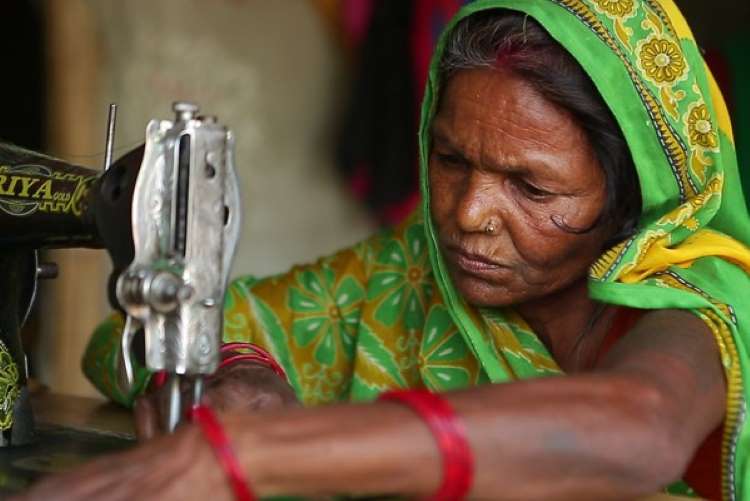Rising economic inequality: India has experienced a troubling concentration of economic power in the last few years, leading to the undermining of vital constitutional bodies and institutions. Concurrently, a limited number of corporates have gained easy access to the country’s resources, dominating the economy and exacerbating inequalities.
GDP growth rates have fluctuated significantly with peaks attributed to rapid infrastructure development and government initiatives like the Make in India programme, Atmanirbhar Bharat, and the Production Linked Incentive (PLI) Scheme. However, these measures have not sufficiently addressed the deep-rooted inequalities plaguing the nation.
The central government has made efforts to deliver public goods and social welfare schemes, resulting in improvements such as increased access to electricity in villages and large-scale digitalisation through financial inclusion. However, steps like demonetisation in 2016 caused undue hardship for the informal sector and small businesses, highlighting the need for more thoughtful policies.
India has emerged as a global economic power in the last few decades, driven by rapid economic growth following the liberalisation of the economy in 1991. However, this growth trajectory made India one of the most unequal countries in the world. A significant portion of the population remains ensnared in poverty, unable to benefit from the nation’s economic advancements.
READ I Reforms agenda of Modi 3.0 will face challenges, delays
Modi 3.0 must address economic inequality
Reports from several national and international institutions, including the World Inequality Lab, paint a troubling picture of disparity. A recent study showed that current income inequality is higher than it was under British colonial rule. Today, the richest 1% of the Indian population accounts for 22.6% of the nation’s income and 40.1% of its wealth. The spectacular increase in the number of billionaires in India—from just one in 1991 to 162 in 2022—came at the cost of the growing inequality.
The country also suffers from severe gender inequality. The economic disenfranchisement of women increases overall income inequality, affecting both economic growth and general prosperity. Addressing this issue demands increased female labour market participation, which, in turn, requires skill development schemes and legal reforms. Cultural and structural barriers that prevent women from entering the workforce must also be addressed.
The Narendra Modi government must address these inequalities through comprehensive, targeted reforms. India needs a progressive tax system. Imposing similar tax rates on corporate entities and individuals will lead to a fairer distribution of the tax burden. A wealth tax on the ultra-rich can generate revenues to sustain and increase public spending for the welfare of the poor. The government must also prioritise and increase investments in public health, education, and social security benefits. Universal access to these services can significantly reduce inequality by leveling the playing field and providing all citizens, regardless of their economic background, with the tools to improve their lives.
Improved cash transfer programs are a surefire way to mitigate the impact of poverty. The Mahatma Gandhi National Rural Employment Guarantee Act (MGNREGA) must be better funded to ensure that critical resources are transferred to the poor. Land reforms are also needed in most parts of the country. These measures can help dismantle the nexus between wealth and power that often stifles competition and entrepreneurship, key drivers of economic growth.
Inequality is a moral challenge to humanity. India can either continue on a path that enriches a select few while leaving the majority of the population behind, or find a new path towards prosperity for all its citizens. The growth strategies must take steps towards building a fairer, more equitable society.
By addressing the pressing issue of inequality, the new government can pave the way for a more just and equitable society, ensuring that the benefits of economic growth are shared more broadly and that every citizen has the opportunity to thrive.

